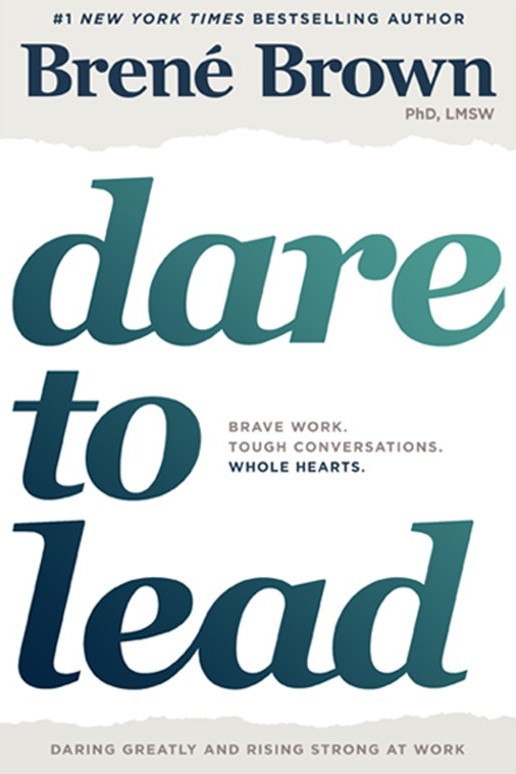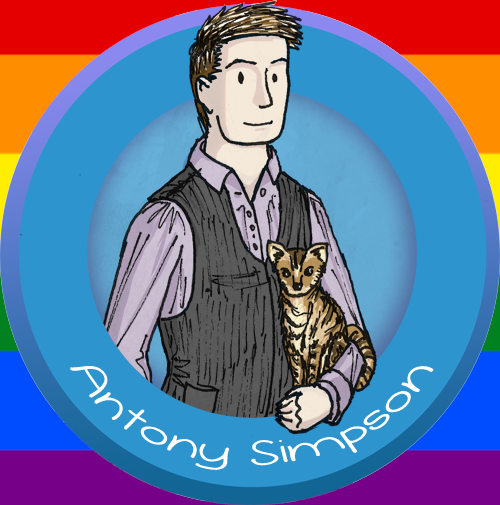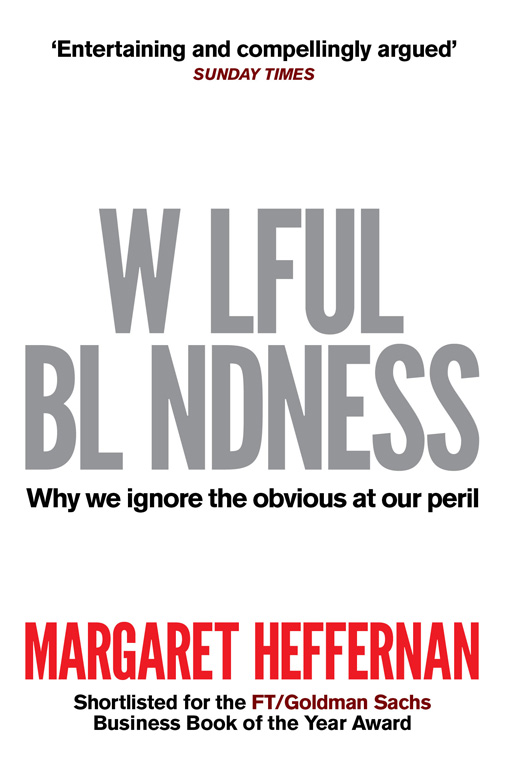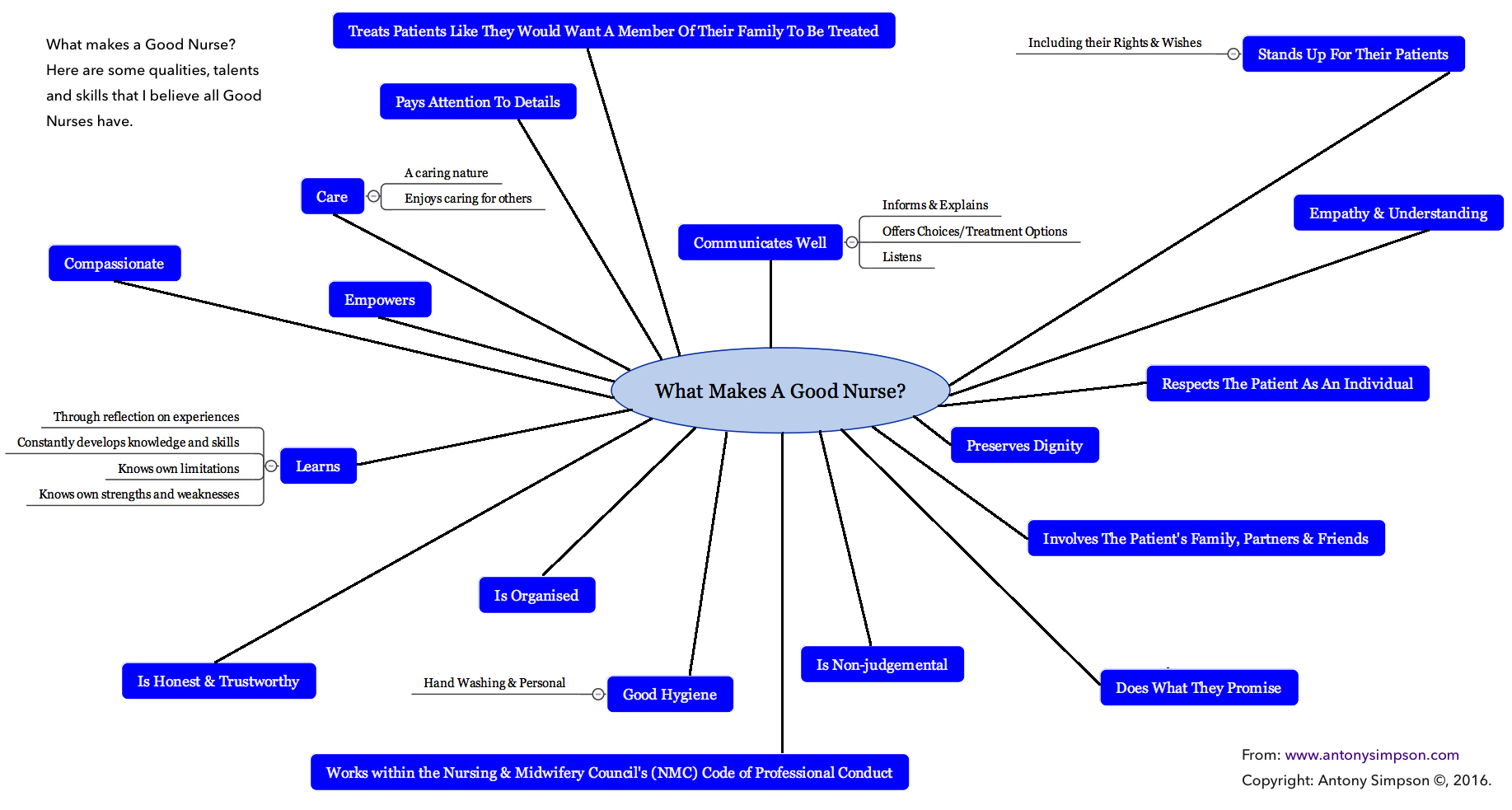I first discovered Brené Brown when I saw this TED talk titled The Power of Vulnerability:
Which Brown followed up with this TED Talk, Listening to Shame:
 |
So when I started on a leadership course at work, I decided to buy Dare To Lead by Brené Brown.
Dare To Lead is about leadership that is vulnerable, values-based, trusting and resilient. The book is split into four parts. The first and biggest part is Rumbling with Vulnerability. In this section Brown discusses what vulnerability is, why it is important, myths about vulnerability, using courage to drop our armor as leaders, dealing with shame and empathy and curiosity grounded in confidence. The second part is Living Into Our Values. Values are very important to me, so unsurprisingly this was my favorite part of the book. This section covers what our own values are, what organisational values can be and how to turn values into measurable |
behaviours. The List of Values activity I completed with some of my colleagues at work and I found it an incredibly useful in terms of learning more about them and what they value. Since I have also contributed to a consultation at work around our organisational values.
The third part of the book is Braving Trust. This section of the book is all about building trust as a leader and recognising how trust is built up gradually over time and can be easily lost.
The fourth part of the book is Learning to Rise which is all about resilience. This part of the book is about recognising emotion within ourselves and others as a leader, being curious about emotions and being self-aware enough to recognise what is going on emotionally for ourselves and others.
Throughout Dare To Lead are many helpful strategies that if implemented would make you a better leader. Including strategies around: having difficult conversations, increasing self-awareness, being aware of the values of ourselves and of the people we lead, being aware of the stories we tell ourselves (that may or may not be true), how to build trust and courage in the people that you lead.
Dare To Lead is written in a way that feels like you’re having a conversation with Brown. She gives examples from her own experience and also asks open questions styled in a coaching method to encourage the reader to think about how these experiences relate to their own life.
About Brené Brown
Brené Brown is a Research Professor at the University of Huston, is a Social Worker and delivers talks and training on leadership around innovation, creativity and change. Brown has worked with Pixar (Disney) and Facebook around leadership. You can learn more about Brené Brown on her website here.
Dare To Lead by Brené Brown is available to buy on Amazon.
Review soon,
Antony




